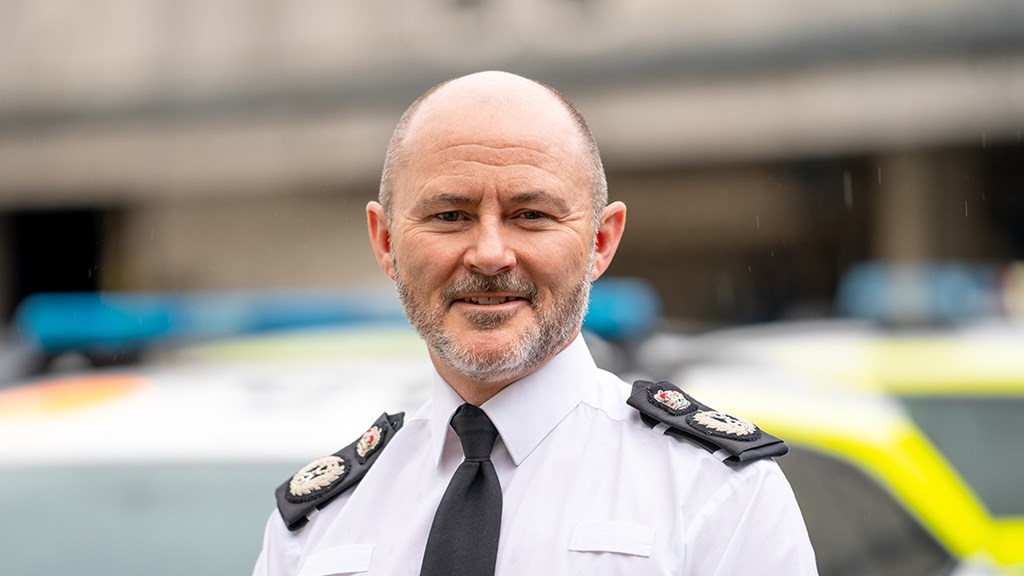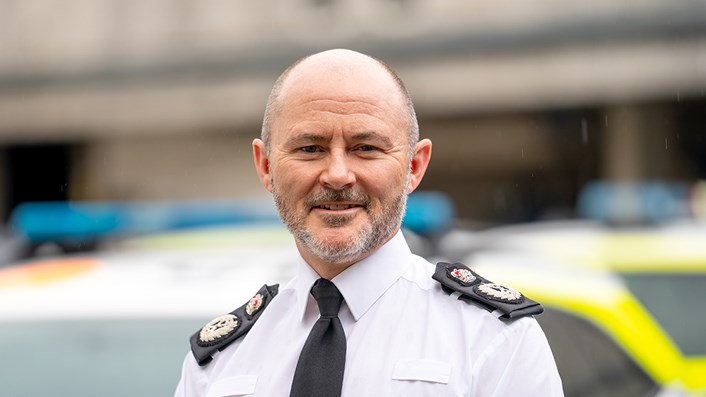
10 Nov 2023
Police must be allowed space to make difficult operational decisions
NPCC Chair Chief Constable Gavin Stephens discusses the policing response to the Israel/Hamas conflict.
As a Service, we once again find ourselves facing a very difficult period and dealing with exceptional circumstances and tensions within our communities. There is a very real and tragic humanitarian crisis currently taking place overseas. We join others across the world in condemning the terrorist attacks of Hamas and our thoughts remain with all involved.
A national policing response to the current conflict was quickly established by the National Police Chiefs’ Council (NPCC), with support from the National Police Coordination Centre (NPoCC), even before the horrific severity of the initial attacks by Hamas became clear. This work links with, and functions alongside, established Counter Terrorism Policing structures, which continue to lead on protective security.
The police are committed to keeping people safe across all communities. We know emotions are high, and that many people in the UK have loved ones directly involved in the crisis. We have seen substantial protest activity, and most of this has taken place peacefully and without issue. Where there have been outbreaks of disorder, these have been by smaller groups and have been addressed swiftly by officers, either at the time, or in collecting evidence for action at a later stage when it is safe to do so.
The right to lawful protest is a key part of any democracy, which UK police uphold and facilitate. Even if a protest is peaceful and non-violent, this doesn’t always mean the actions taken by those protestors are legal. We ask that people continue to work with officers at this challenging time to ensure peace in our communities is maintained.
At all times, not just in times of crisis, it is important for police leaders to be allowed the space to make difficult operational decisions. This is set out clearly in the Policing Protocol, recently updated in 2023. The protocol sets out the collective responsibility to maintain operational independence.
We take decisions in line with the law and authorised professional practice, and we express no professional opinion on political views. With operational independence comes accountability, and the accountability cannot function properly without the independence. Everyone in a position of leadership, and we take this very seriously in policing, has a responsibility to keep temperatures low and diffuse tension at times of conflict.
I am working closely with the Chair of the Association of Police and Crime Commissioners, and officials across government, to ensure that we maintain strong and effective working relationships in order to keep our communities safe and feeling safe, especially at this time of international crisis.
Events in London have, perhaps understandably, received most of the coverage and commentary so far, but we have seen other significant protests take place in other major cities, and we know hate crime can occur anywhere and take many forms. This is a national challenge. Our overall resilience is strong, and there are tried and tested structures for challenging periods such as this. Our people stand ready to keep the peace, and I am very grateful for the mutual aid being supplied by all regions to colleagues in London and elsewhere this coming weekend.
As emotive as this situation can be, we have to be clear that there is absolutely no excuse for anybody using it as an excuse to engage in criminality. Hate crime will not be tolerated. Committing offences during protests will not be tolerated. We have made arrests and are well prepared to continue to do so. We will be relentless in pursuing offenders and bringing them to justice. We will always pursue action against perpetrators of hate crime where there is the evidence to do so, and we strongly encourage anyone who thinks they may have experienced any hate crime to report it to the police.
Contact information
Communications office
By phone: 0800 538 5058
By email: press.office@npcc.police.uk

